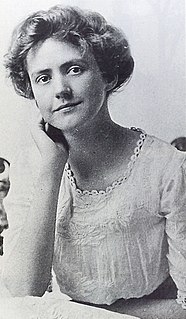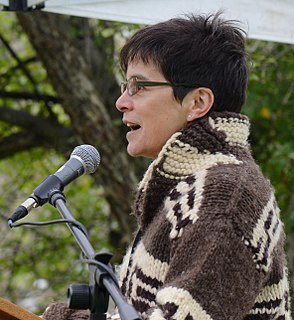A Quote by Julian Assange
WikiLeaks has revealed some hard truths about the Iraq and Afghan wars and broken stories about corporate corruption.
Related Quotes
Being aware of truths about what is good or right or about what we ought to do is not the same as deciding what to do. Nor can the former truths be derived from decisions about what to do, or about procedures for making such decisions, unless these procedures themselves rest in some way on the apprehension of truths about what we ought to do.
If we really care about safety we would close down WikiLeaks. We would treat the people at WikiLeaks as enemy combatants. We would declare that the kind of thing this private did is treason. WikiLeaks is not a fun and games event. WikiLeaks undermines profoundly the ability of the United States to work around the world. Why would you, if you were a foreigner thinking about helping the United States, why would you confide anything to an American when you know that it could end up in The New York Times based on some leak?
Stories? We all spend our lives telling them, about this, about that, about people … But some? Some stories are so good we wish they’d never end. They’re so gripping that we’ll go without sleep just to see a little bit more. Some stories bring us laughter and sometimes they bring us tears … but isn’t that what a great story does? Makes you feel? Stories that are so powerful … they really are with us forever.
Apart from its dangers, much of Iraq isn't very interesting to look at. The landscape is flat and dun colored. The dirt just beyond the highway is littered with hunks of twisted and mangled metal, some of it the detritus of wars, some of it just unclaimed junk. The countryside looks muddy and broken.




































